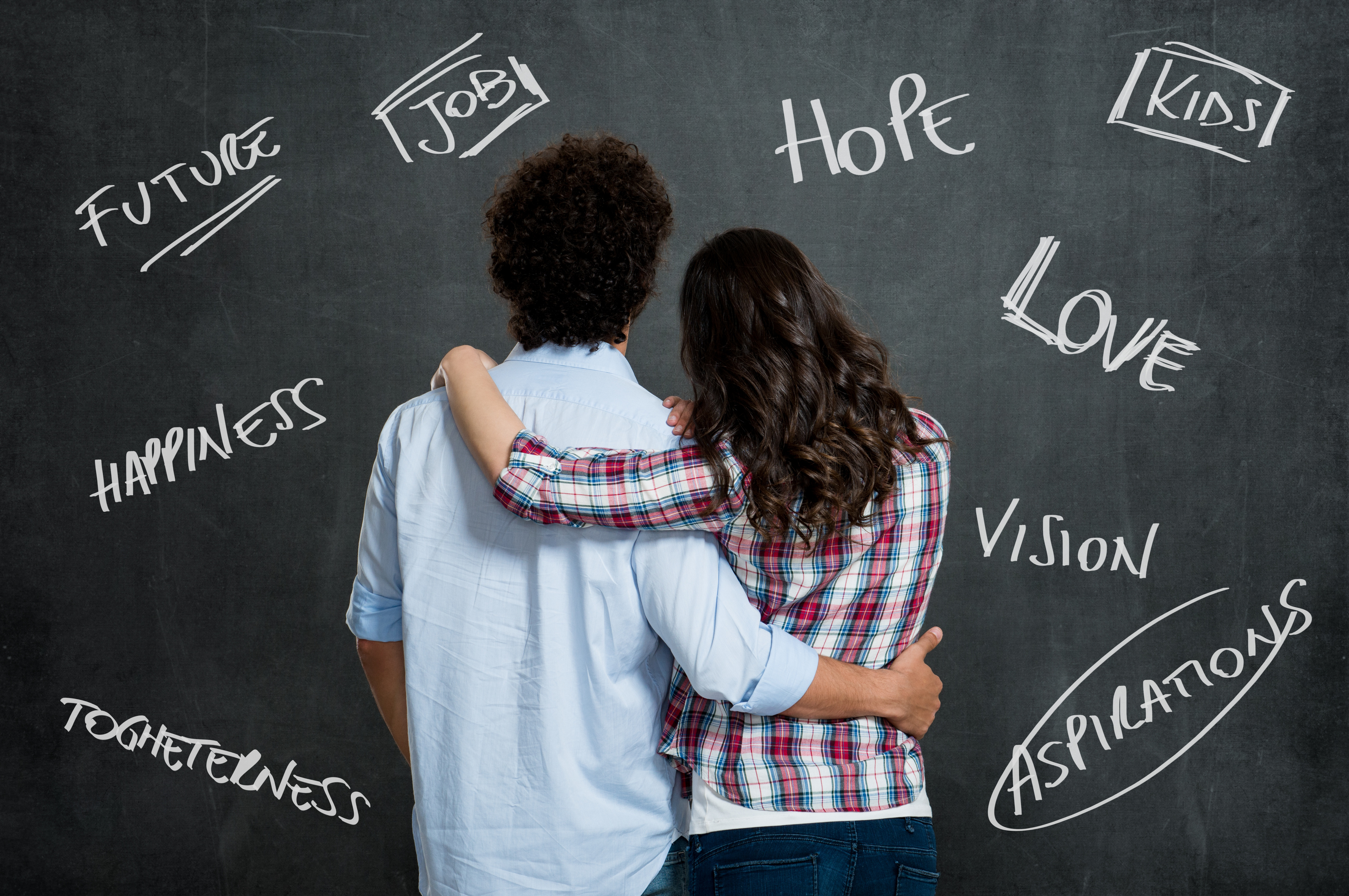The Month of Love
With Valentine’s Day around the corner, February is often known as the month of love. Most teens desire to be in a healthy relationship someday, if they aren’t already, but all relationships have their ups and downs. So how can you tell if you and your crush are in a healthy relationship that can last or one that will soon pass (or maybe should)?
Ask yourself these questions:
“Do They Respect Me?”
Respect is shown and given through words and actions and applies to you:
- Physically: You feel safe, gently handled, and not threatened when you’re with your partner.
- Emotionally: You feel cared about and not dismissed or disregarded.
- Financially: Your partner is responsible, has his/her own money, and doesn’t take or spend your money without first discussing it with you.
- Verbally: Your partner compliments you and doesn’t engage in name calling or making you the brunt of jokes.
- Materially: Your partner respects your personal possessions and doesn’t discard them or use them without your permission.
Respect should also apply to some degree to your friends and family. These people and relationships are important to you and your partner should respect that. Your partner doesn’t have to have the same level of attachment to them, but they should not fault you for those relationships.
“Do They Encourage Me?”
A healthy relationship adds to your sense of confidence. There shouldn’t be competition between the two of you in attempt to outdo each other. A healthy love builds you up and increases your self-esteem. If your relationship makes you feel badly about yourself, or prevents you from being your true self, that is not healthy.
“Do They Accept Me for Who I Am?”
You should be accepted for who you are, and not made to be someone or something you’re not. That being said, we all have areas where we can improve and grow. A healthy relationship accepts you in that process, offering the support needed to help you reach your goals and potential. You should not see each other as an HGTV home improvement project.
“Can We Agree to Disagree?”
Remember that you and your partner are two different people, with two different perspectives that aren’t always going to match. You should be able to respect the differences and work for compromise. When you can’t agree with each other, a healthy relationship can agree to disagree and still maintain a connection and mutual respect. Forgiveness plays an important role as well in a relationship.
“Can We Share Our Feelings and Needs?”
Communication is important, and listening to each other is just as important as talking! You need to be able to communicate your needs and feelings, like and dislikes, dreams and fears -both positives and negatives- in a healthy way. Does your partner give you the time and attention to hear what’s on your heart and mind? Do you do the same for them? This doesn’t mean that you will never argue or disagree, but that when you do, you can try to discuss it without hurting each other.
“Is There Give and Take?”
Balance is key. Too much taking or too much giving in a relationship isn’t healthy; it can lead to resentment. You should be able to support, sacrifice and receive in a balanced way. Your relationship should be an equal one. There should be mutual decision making, compromise, and balance in how money and time is spent and mutual care and respect and open communication where both sides can be heard.
Remember, relationships are a two-way street. If you or your partner does not make the effort to contribute to the relationship in a healthy, positive manner, you may need to reconsider the relationship.
You and your partner should look forward to spending time with each other and feel joy in knowing that you are participating in this relationship. Obviously, everyone has their bad days, but you shouldn’t find yourself always unhappy or wish to change something about yourself. A healthy relationship should leave you able to go to bed happy, knowing that the person you are with is right for you.
Relationships should be a good thing with a special someone who you can count on and care about. Every couple has their issues and bumps in the road, but it is important to figure out if the problem is a kink that can be fixed or a red flag that needs to be analyzed further.
You have to learn to be happy by yourself before you can commit to a relationship with someone else.
High school is a time when you can learn who you want to be and what makes you happy; don’t feel guilty for putting your well-being first before jumping into a relationship. Not all things are meant to be, but it’ll be worth it when you find the one who was meant to be.


